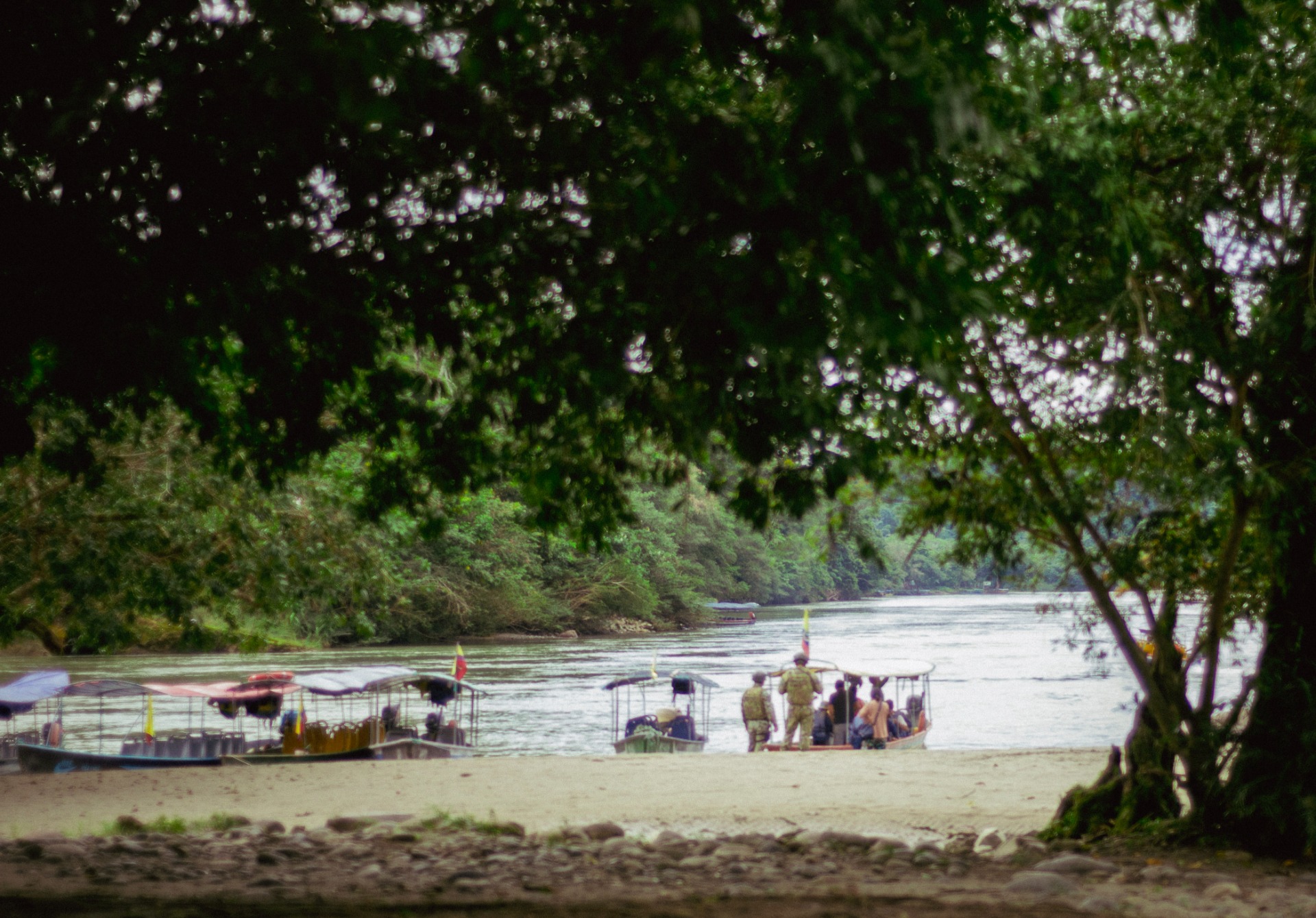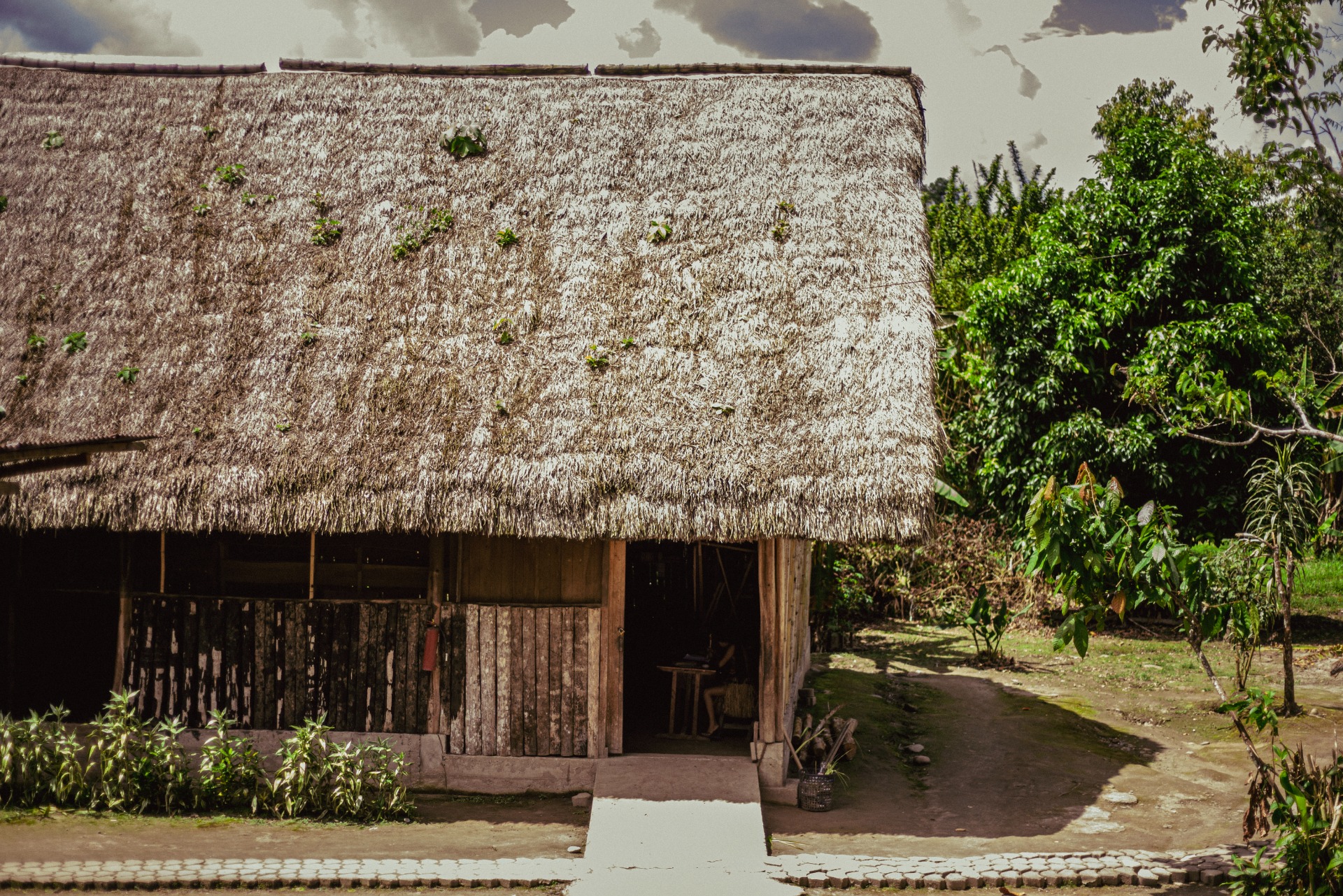It Hurts to Look at You
This short essay is the English version of a piece I first published in Spanish on my Substack, where I write about Latin America, critical theory and the politics of everyday life. It is part travelogue, part political reflection, written in the weeks I was recovering from dengue after returning from Ecuador in July 2025. The original Spanish text can be read here.
I am recovering from dengue. In July, I returned from Ecuador with a tropical illness. The doctors are still waiting for the official PCR —two long weeks— to identify the strain, but four internists saw me in the emergency room; low platelets and the infamous "bone-breaking" fever point to what feels like a certain diagnosis.
As a child, I learned that the Aedes aegypti mosquitoe lived on the coast, in places marked by the absence of sewage and safe drinking water. I did not imagine that the mosquitoes in the subtropical hideaway of Malacatos, in the province of Loja, would send me to bed with fever, chills, and sheets soaked through.
In the emergency ward of a clinic in The Hague, I told the doctor:
I have pain behind my eyes. It hurts looking at you.
That pain behind my eyes came before the virus. It was an ontological ache: the weight of what cannot be unseen.
In Ecuador, I witnessed a country reconfigured by militarisation: Amazonian rivers and highways patrolled by agents in balaclavas that erase the human face and paint on skulls instead, performing an armed masculinity that drinks from the pedagogy of cruelty. They ordered me out of the vehicle, legs apart, a firm hand on my sternum, searching for contraband they imagined hidden in a bra I was not wearing. Power asserting itself over certain bodies, granting or denying passage.

This atmosphere of control and violence also sickens: securitisation, the expansion of the extractive frontier and the dismantling of basic services feed the conditions in which diseases such as dengue flourish.
Ecuador has already changed. Relentless rains cut off the road to Saraguro, Pifo, Macas, Zamora, and Malacatos. Collapsed sewers spill into open drains that breed mosquitoes. By epidemiological week 7 of 2025, there had been 6,607 cases of dengue and six deaths in Ecuador, according to WHO/PAHO, in a region that by March had already surpassed one million suspected cases.
The Amazon has changed as well. Waorani women who once kept their distance from Western dress codes and urban centres now sell bracelets on a street corner in Misahuallí. These are not ancestral objects but commodities born of urgent need, shaped by the land disposession. Community tourism, praised in development discourse, is also a forced reabsorption into the capitalist circuit: capital racialises and feminises what is non-white and mestizo, burdening it with profitable hospitality and docility.

In Tena, I sat in the groove of a stone that, legend says, was left by an anaconda. I wore a crown of toquilla straw woven by Kichwa women, my face marked with lines of achiote by the hands of girls and young women in the community. The ceremony, designed for visitors, is a strategy for survival in the face of extractivism that gnaws at the material and symbolic foundations of the community. In the logic of expulsion economies, the same forces that drive these women from their land reinsert them as providers of "exotic" experiences.
I returned with wooden spoons and ceramic bowls, each labelled with the name of its Amazonian maker. Objects of beauty, yes, but also material traces of a survival economy moulded by extractivism, project-based development, and the baroque economies resultinf from fractured developmentalism.

In the photograph I brought back, I am wearing an embroidered blouse from craftswomen in Mexico City, smiling faintly in this commodified vision of Pan-Americanism. And behind my eyes, that pain: the ironic fury of recognising myself in a broken mirror, knowing that my presence and my travel through these worlds, in María Lugones' logic, do not escape their contradictions and simplifications; and in doing so, I become just another crack in that mirror.